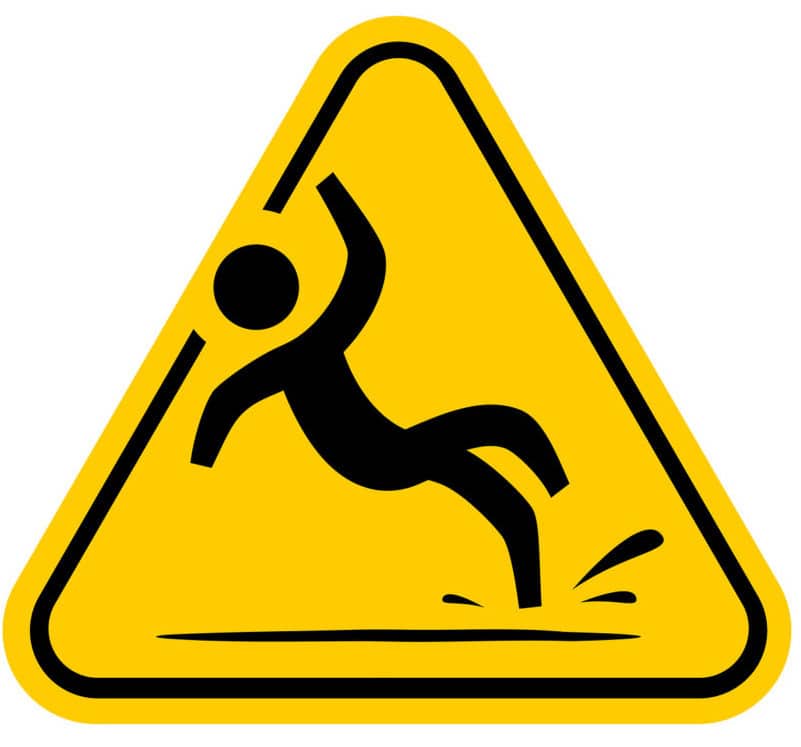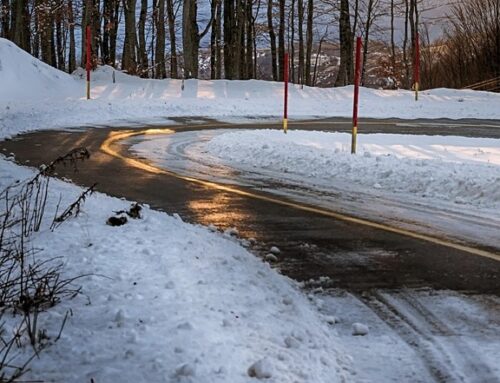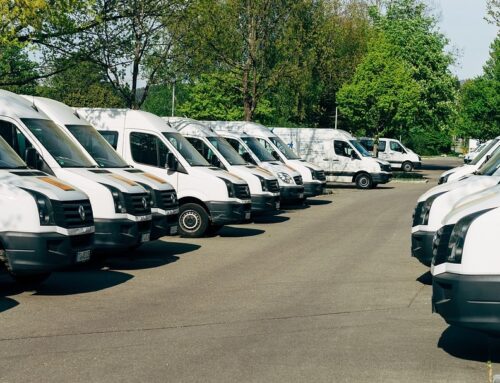In a premises liability case, who can be held liable? This was the issue that was recently decided by the Indiana Supreme Court in the case Branscomb v. Wal-Mart Stores East. This case dealt with premises liability, but in an odd way, because the plaintiffs in the case sued the company, but claimed that the person responsible the injuries was the store manager.
The plaintiffs in this case were shopping at a Wal-Mart store, and were shopping in the garden section when one of them fell over a wooden pallet that was left out and injured himself in the fall. The plaintiffs then filed suit against Wal-Mart and claimed that because of the negligent hiring practices and negligent safety practices of the store manager, the plaintiff was injured. However, on the day of the injury, the store manager was not at the store.
The Indiana Supreme Court discussed a couple of issues regarding premises liability. The first is the claim made by the plaintiffs that there were negligent hiring practices on the part of the store manager. The court stated that the claim of negligent hiring is one that, under Indiana law, can only be made against the company itself. That claim cannot be made against an employee of the company, even when that employee is a manager or supervisor.
The second claim that plaintiffs made is that the manager of the Wal-Mart did not implement proper safety procedures. The manager of the Wal-Mart then responded by saying that he does not have the power to implement new safety procedures, and the court noted that the plaintiffs had not provided any evidence to the contrary, so the court ruled against the plaintiffs on this claim as well.
The third and final claim made by the plaintiffs, and the one that the court notes is the “meat and potatoes” of the plaintiff’s case, is that the manager had intent to possess and control the land and should have known there was a dangerous condition in the store. However, the court notes that the manager was not the one who possessed the land. Wal-Mart possessed the land. The court also noted here that the manager was on his day off, so not only was he not the actual possessor of the land, but he had no knowledge of the condition at the time. Because he was not at the store, he also had no intent to control and possess the land. The court ruled that because this was the case the manager could not be held liable for the plaintiff’s injuries.
What Does This Mean?
This is a good example of the difference between suing a person and suing a company. A manager does not have the same responsibilities as the company itself would in a premises liability case such as this one. Especially when the store manager is not on-site, courts would generally rule that the manager does not have control of the premises. Therefore, it is important to make sure, if you are injured, to sue the proper person or company.
Have You Been Injured in a Premises Liability Accident?
Contact the experienced slip & fall attorneys at Hurst Limontes, LLC! We work hard for our clients to ensure they receive just compensation for their injuries, and our attorneys have decades of combined experience working on premises liability cases! Call or email us today for a free consultation!





